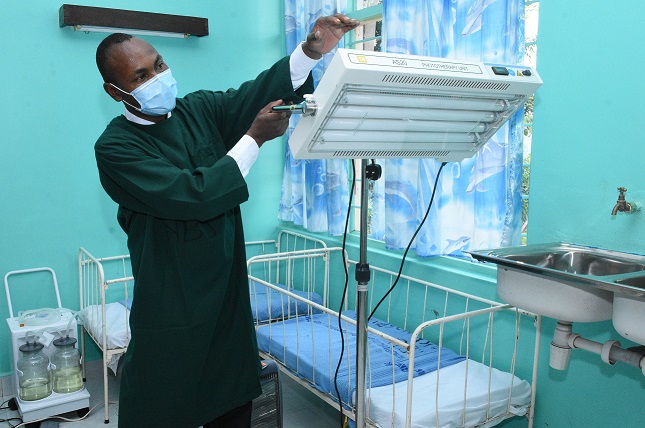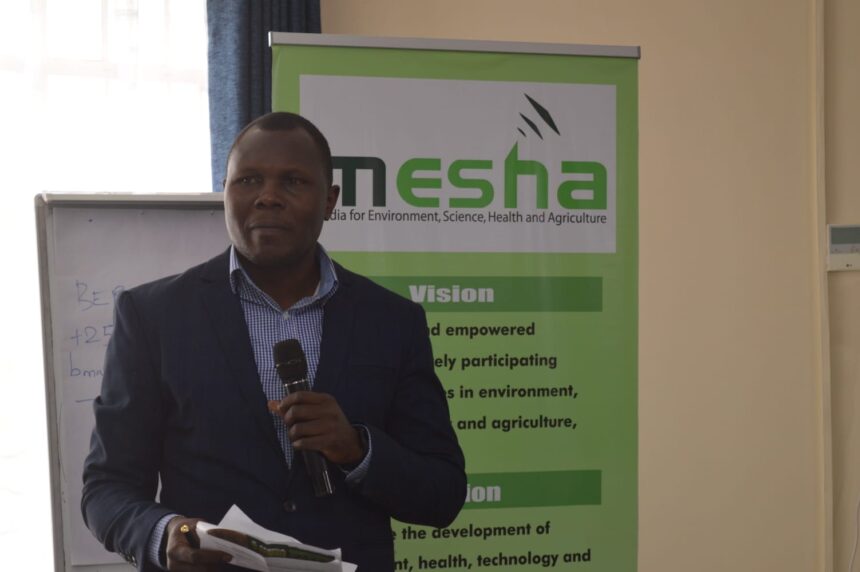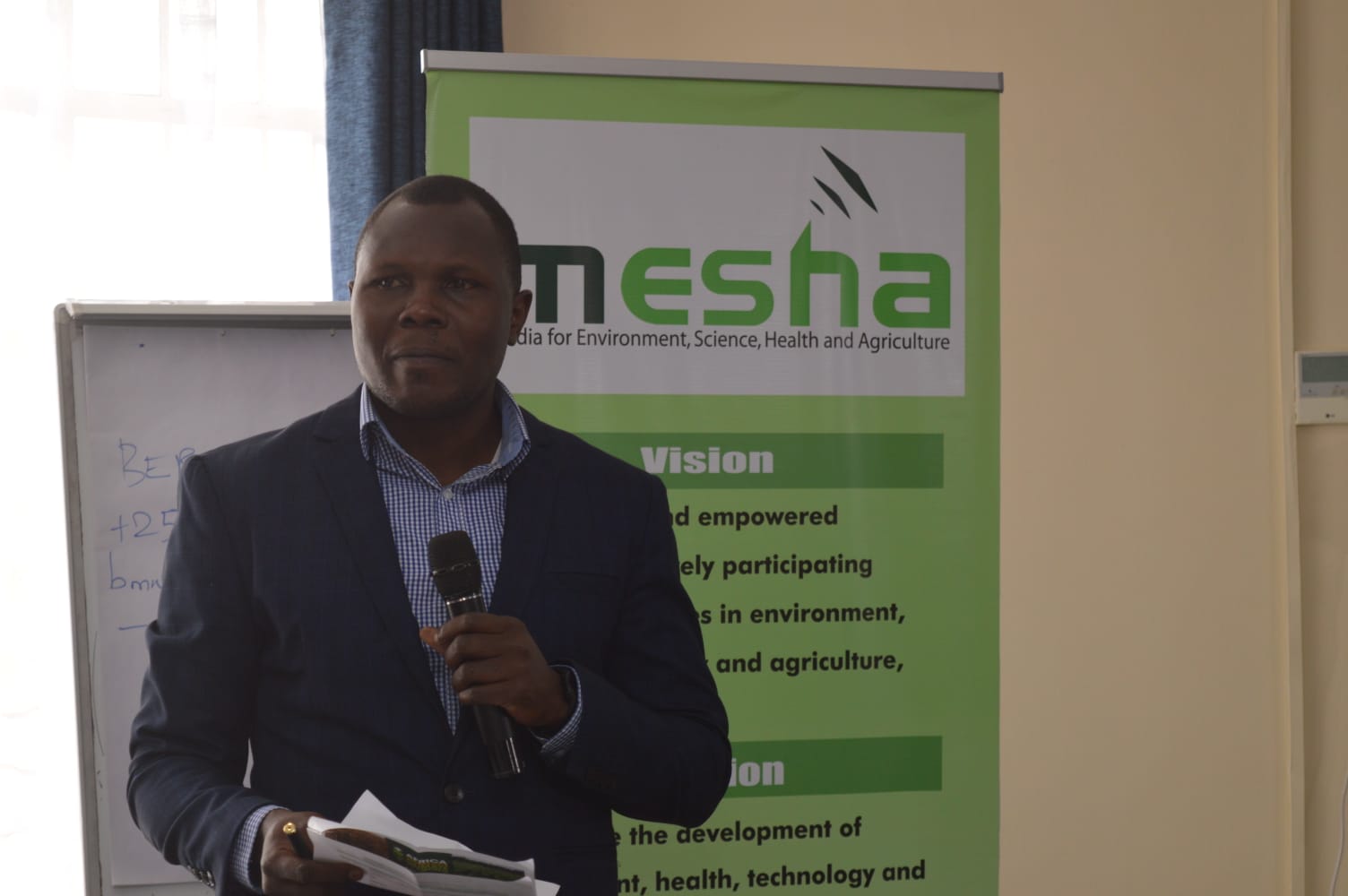
By Aghan Daniel
Climate change is undermining every dimension of global health, including increasing the fragility of the global systems that health depends on, experts have warned.
They observe that this worrying situation increases the vulnerability of populations to the coexisting geopolitical, energy, and cost-of-living crises.
According to the World Health Organisation (WHO), between 2030 and 2050, climate change is expected to cause approximately 250,000 additional deaths per year, and the direct damage costs to health is estimated to be between US$2 billion and US$4 billion per year by 2030.
In a presentation at the Africa Journalists Training on Climate Change that took place in Nairobi on September 28 and 29, 2023, Nahashon Aluoka, Regional Advisor at the Pandemic Action Network, warned that as the impacts of climate change grow, so do pandemic threats.
He also noted that as rising temperatures and deforestation are directly linked to increasing risk of zoonotic spillover, infectious diseases and epidemics.
The training organised by Power Shift Africa (PSA), in partnership with the Media for Environment, Science, Health and Agriculture (MESHA) and other partners, was attended by representatives from 30 African countries.
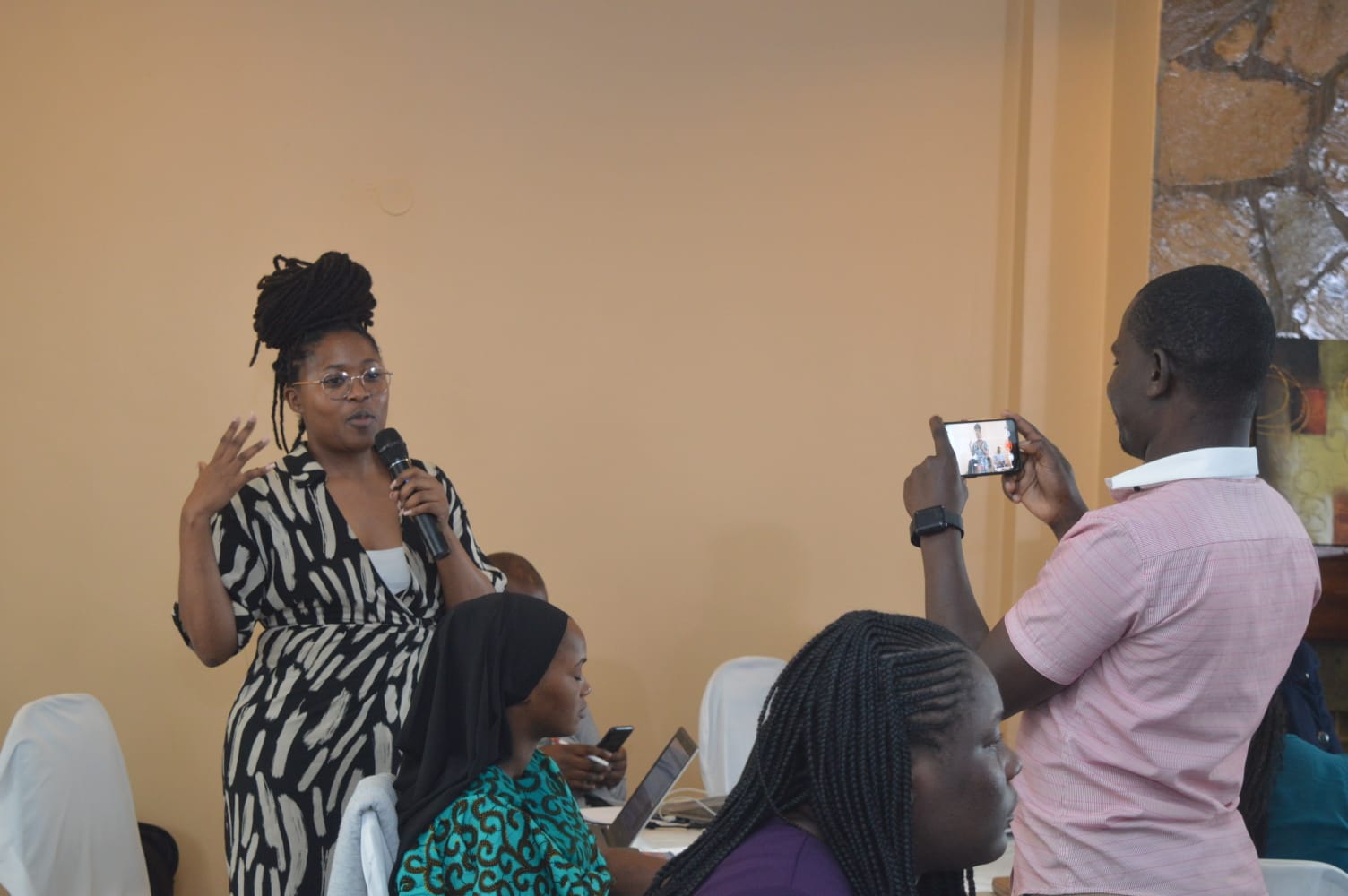
“Despite the strong link between climate change and increased pandemic threats, the intersecting nexus of climate and health has not pushed through the mainstream policy or political debates, hence the African Climate Summit and COP28 may pay little attention to this matter,” he said.
Experts have in the recent past raised the alarm that effective solutions to address climate change, and its impacts on health, remain slow and do not meet the scale of the current challenge.
Aluoka added that responding to the existing health impacts of climate change and minimising future health threats demands urgent attention by the global community to advance rapid and large-scale action across health and other sectors.
WHO indicates that climate finance targeting the health sector to date is extremely low – less than 0.5 per cent of multilateral climate adaptation funding has targeted the health sector.
Between 2009-2019 only 0.39 per cent of multilateral and bilateral climate adaptation funding targeted health-related efforts specifically.
“For us to fully entrench climate change and health conversations in all our programmes, interventions at the country level call for health stakeholders to participate sufficiently in climate finance and policy processes. Currently, they do not,” said Aluoka.
“To address the health impacts of climate change, we need a systems approach with intersectoral thinking and action,” says Andy Haines, Professor of Environmental Change and Public Health, London School of Hygiene and Tropical Medicine.
According to Dr Eliya Zulu, the Executive Director of African Institute for Development Policy (AFIDEP),
evidence needed to qualify and connect health with climate change already exists.
Dr Zulu said climate change impacts on health are disproportionately harmful to the disadvantaged populations, including women and girls, indigenous communities, people in crisis, and the displaced people, like those who suffered during Cyclone Freddy that hit Malawi early in the year.
In the words of Dr Vanessa Kerry, co-founder and CEO of Seed Global Health, building strong health systems is critical in light of climate change, which she said has wide ranging impacts on human health, from increasing infectious disease outbreaks, to accelerating non-communicable disease burden, to rising burdens of pre-term birth and still births. Today, 23 per cent of all global deaths are secondary to avoidable environmental causes, she said.
Dr Kerry was speaking at the Africa Health Agenda International Conference (AHAIC) 2023 held in March in Kigali, Rwanda.
She said these deaths are “slated to increase by a quarter million annually at our current rate; moving us farther away from our 2030 goals, not closer. Beyond direct health impacts, there are indirect ones on conflict, migration and the refugee crisis, with 216 million climate migrants expected by 2050.”
Health experts have of late raised concerns on cholera and the re-emergence of malaria, predicting that the next disease outbreak is likely to be viral.
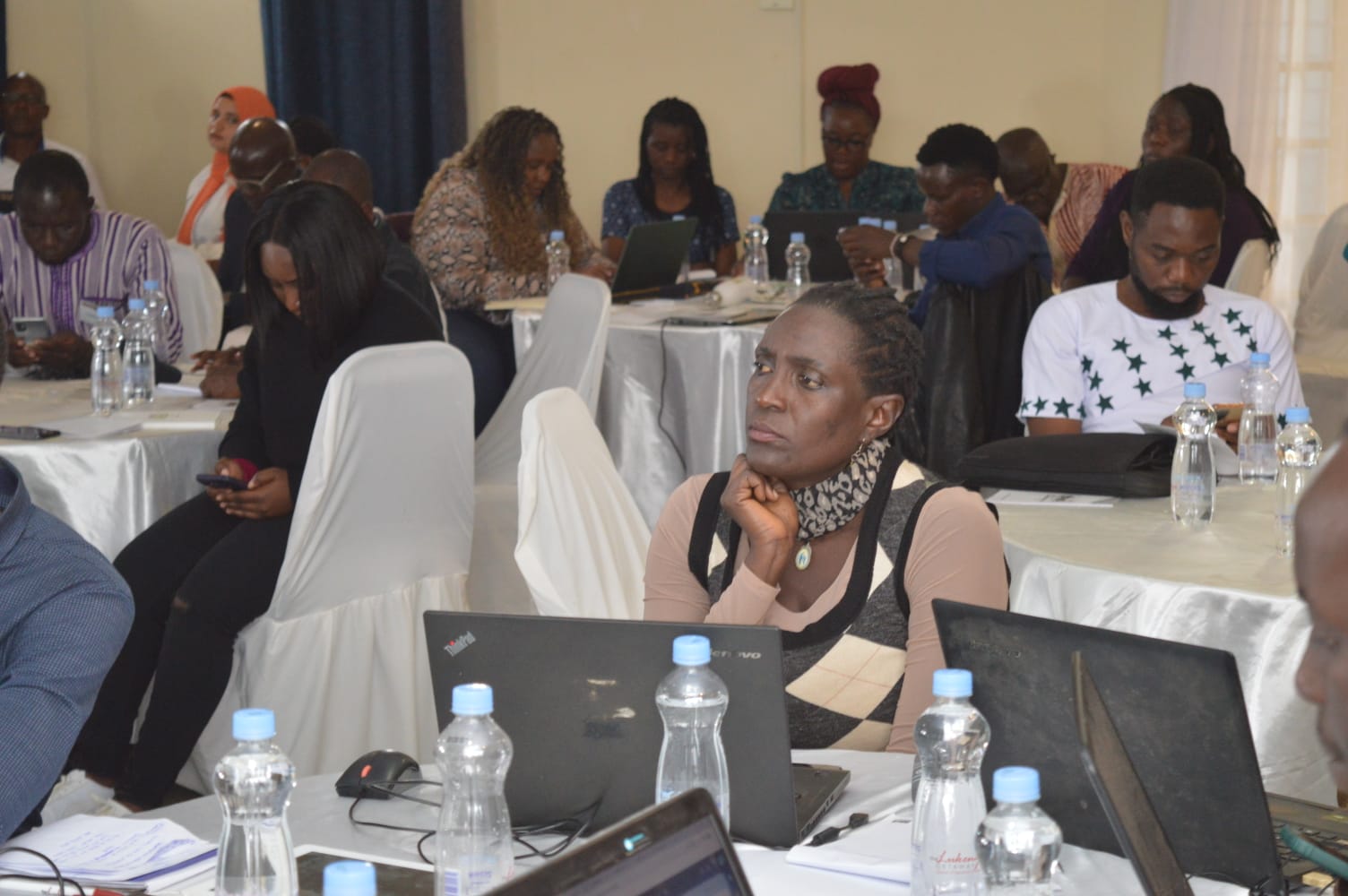
During the Kigali conference, the experts urged the civil society, health professionals, researchers and innovators to sustain efforts towards finding combined solutions to the climate change and related health challenges facing communities today.
In his patting shot, Aluoka told the journalists that human and ecosystem health are fundamentally linked, hence actions to address both must put the most vulnerable at the centre.
“We, as health advocates, vouch for health-centred response to the current crises to provide the opportunity for a low-carbon, resilient future, improvement in air quality, physical and mental health and transition to balanced and more plant-based diets,” he noted.
Health-focused shifts, he observed, would reduce the burden of communicable and non-communicable diseases, reducing the strain on overwhelmed healthcare providers.
Aluoka urged journalists to report on concrete opportunities, including the negotiations towards the establishment of the loss and damage fund, the new global climate finance goal (the New Collective Quantified Goal), and the Bridgetown Agenda that advocates for reform of the global financing architecture (MDB reform) to equip countries with the financing they need to invest in resilience.
